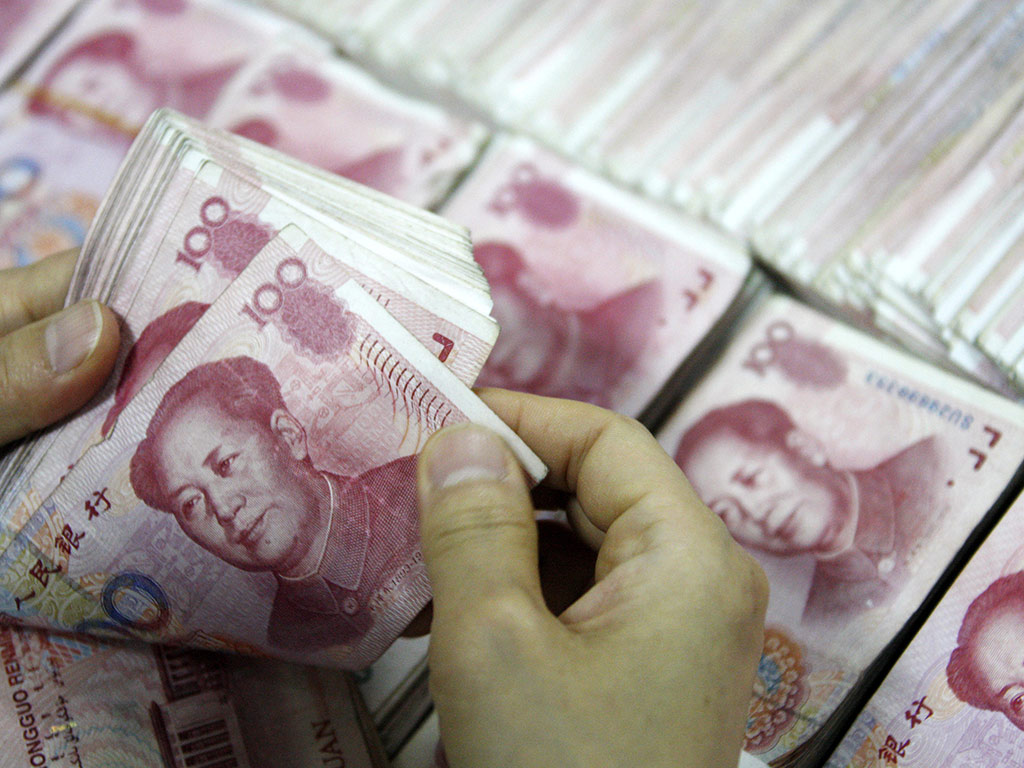
China’s cabinet has drawn up a series of regulations pertaining to the country’s thriving shadow banking sector in an effort to curb the country’s spiralling debt levels and put power back in the hands of banks. The guidelines, labelled “document no. 107”, aim to curtail the sector’s boom of these past few years, whilst recognising that China’s non-bank institutions are a central pillar of the country’s financial system and an indication of its diversified offerings.
The guidelines issued by China’s cabinet are surprisingly positive given that many analysts have expressed concern over China’s rising debt levels
A copy of the draft regulations obtained by the FT reads, “The emergence of shadow banks is an inevitable result of financial development and innovation. As a complement to the traditional banking system, shadow banks play a positive role in serving the real economy and enriching investment channels for ordinary citizens.”
Critics maintain, however, that the sector shares a great deal of responsibility for China’s spiralling debt levels, adding that unregulated financial dealings are having a huge impact on the supposed transparency of China’s credit flows. Only a few years ago China’s financial system was dictated almost entirely by banks, however recent years have seen non-banking institutions come to account for near half of China’s funding.
The guidelines issued by China’s cabinet are surprisingly positive given that many analysts have expressed concern over China’s rising debt levels, which have risen quite substantially since 2008 and the explosion of shadow banking since 2010. China’s State Council warned against the threat of non-bank institutions with regards to rising debt, suggesting that they return to their role as asset managers and refrain from credit business.
At the present time, trust companies are the non-bank institutions with the most assets under management, having quite recently surpassed those of insurance companies at the beginning of this year.
Provided that the guidelines pass, Chinese authorities will be hoping that fresh restrictions on shadow bank lending will prevent parties from exploiting the regulatory loopholes at large in the current system and, as a consequence, lower the country’s growing debt levels.


